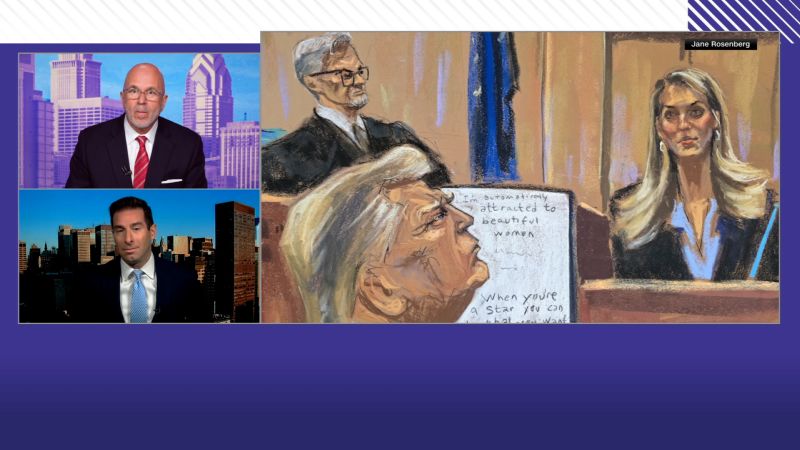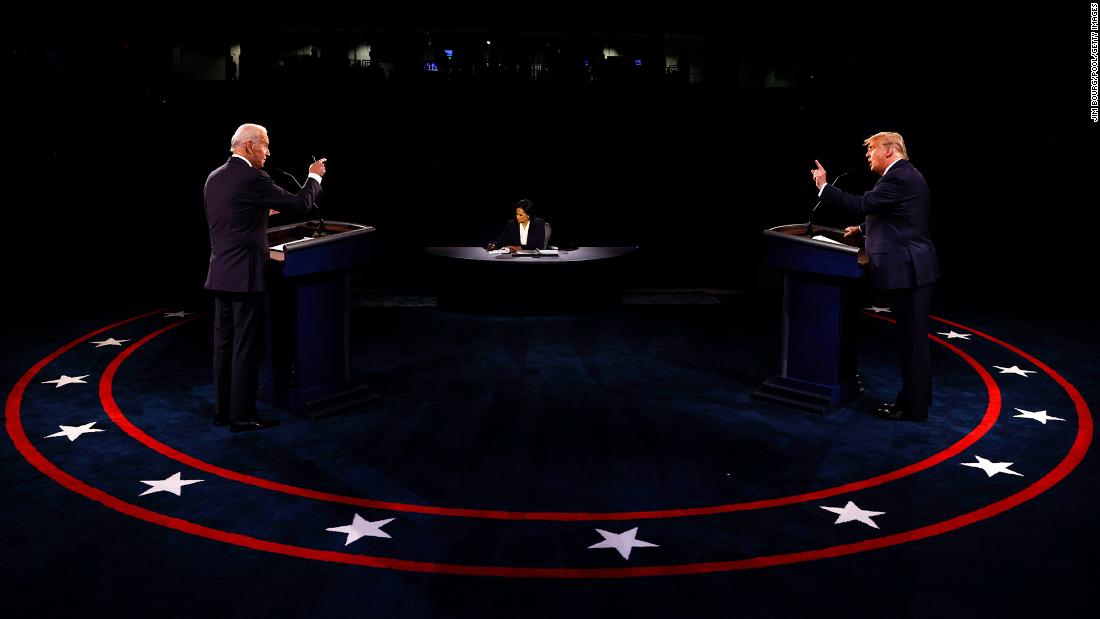Mr. DeSantis offered a false equivalence as his rationale, claiming that right-wing extremists convicted of crimes for which Black Lives Matter protesters were not prosecuted were victims of an “uneven application of justice.”
But no parallel should be drawn to what was an armed attempt to subvert the U.S. system of government. Mr. DeSantis has also repeatedly declined to answer directly whether President Biden was legally elected in 2020. He also disputed that the events of Jan. 6 constituted an insurrection, campaigned with election deniers in 2022 and even appointed someone who entered the Capitol on Jan. 6 as a state regulator in Florida.
Mr. DeSantis’s latest effort to indulge the MAGA fantasy that the insurrectionists’ actions could be justified came the same day that Oath Keepers founder Stewart Rhodes was sentenced to 18 years in prison for seditious conspiracy, the longest prison term yet related to the Capitol insurrection. Mr. Rhodes showed no remorse during a speech to the court. U.S. District Judge Amit P. Mehta told the defendant that he presents “an ongoing threat and a peril to this country, to the republic and the very fabric of our democracy.” The judge also warned that Mr. Rhodes “will be prepared to take up arms” against the government the moment he is released.
The lack of remorse is part of a troubling pattern. On Wednesday, a judge sentenced to 4½ years in prison the Jan. 6 rioter who was photographed with his foot propped on a desk in then-House Speaker Nancy Pelosi’s offices. Richard “Bigo” Barnett carried with him inside the Capitol a 950,000-volt stun device concealed in a walking stick. Mr. Barnett stayed defiant through his trial. On social media last week, he referred to Capitol police as thugs and attacked federal prosecutors as “demonically possessed cretans [sic].”
More than 1,000 people have been arrested in nearly all 50 states for the attack on the Capitol. According to the Justice Department, approximately 570 of them have pleaded guilty and 78 have been found guilty at contested trials. The FBI continues to seek the public’s help in identifying 221 individuals believed to have committed violent acts on the Capitol grounds that day.
Floating pardons gives Jan. 6 rioters hope that they won’t be held accountable. Comments from Mr. Trump and Mr. DeSantis, the two leading contenders for the 2024 Republican nomination, will discourage plea deals and encourage defendants to drag out proceedings in hopes that they might get clemency in 20 months. It also heightens the danger that people will again engage in violence if they don’t like the outcome of next year’s elections, calculating that they might receive pardons if their preferred candidate takes power.







More News
Opinion | The Deep, Tangled Roots of American Illiberalism
The Colorful Anticipation of Hearing 3 Short Words: ‘And They’re Off’
Opinion | What Medical Stories Do We Trust?